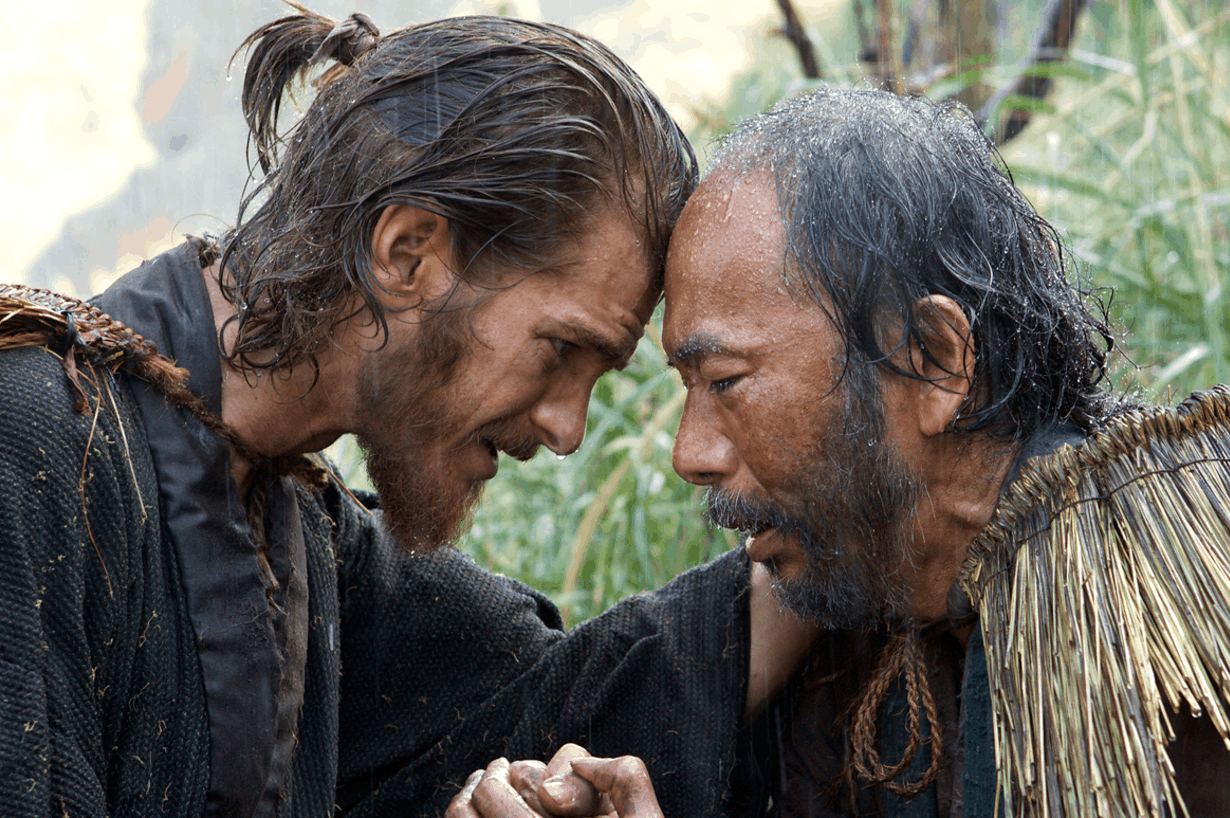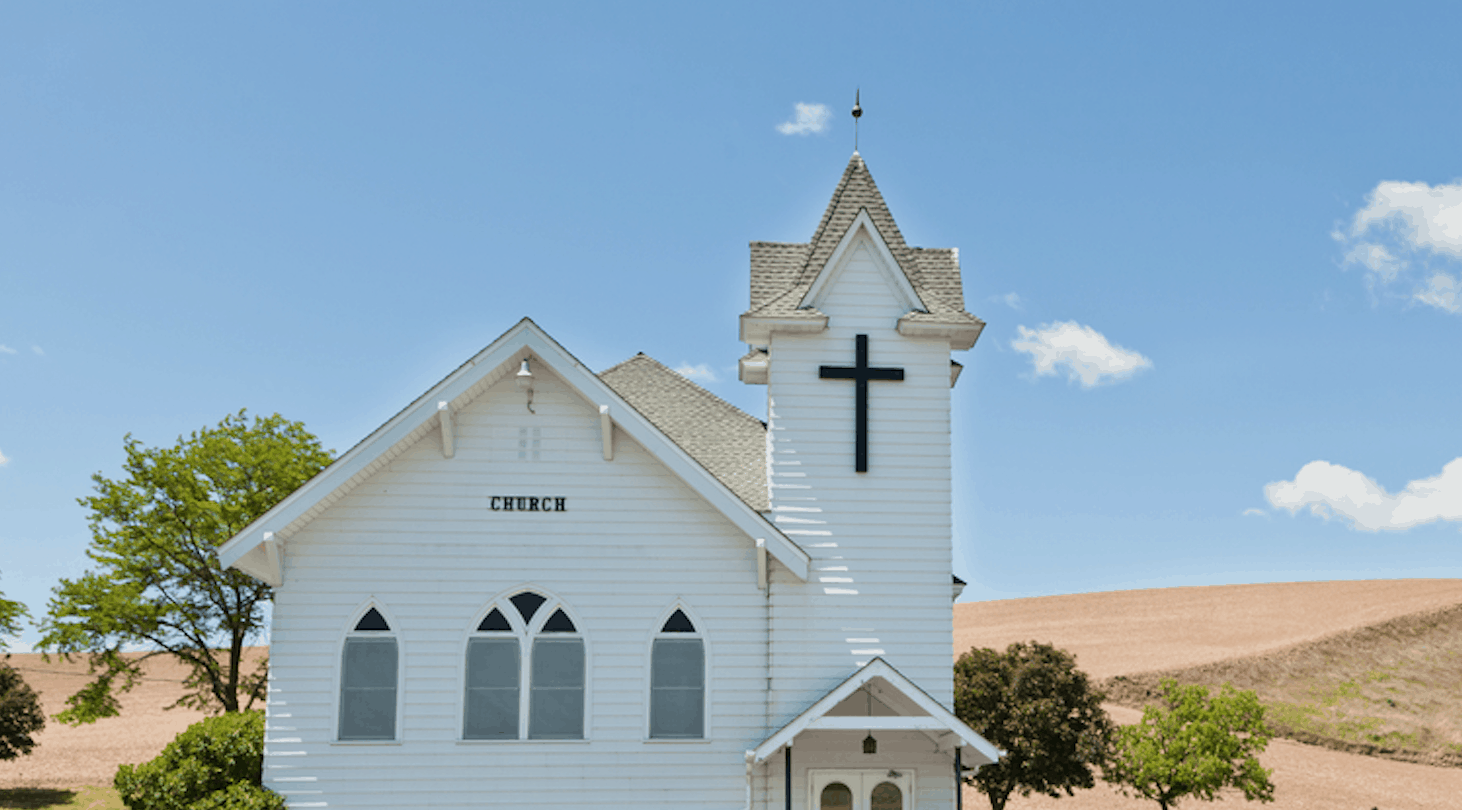
Over the summer, my new husband and I stole away to Guatemala for our honeymoon. After months of wedding planning and long days of coordinating schedules, trouble-shooting, and arranging every little detail, we were ready for an escape.
Our chosen destination was perfect. In a remote lakeside village, surrounded by volcanoes and very few English speakers, we felt a world away from all the details that consumed our lives just days prior.
One of the best things about getting away was the welcome break from communication and social media. During our time away, it felt as though we were able to play by our own rules when engaging with technology. We were able to use media at its very best—sharing a highlight or two from our trip, listening to audio books and receiving a handful of post-wedding congrats from loved ones.
Most of the time, we had no service. So our ability to jump on various profiles or check our emails was limited to when we were lounging at the hotel. For the first time in a long time, I felt like technology and media were contributing something positive to our lives, without draining or inundating us in the process.
Then we got home from our trip.
A lot had happened in the national headlines while we were away, so my husband and I were both eager to catch up on the news. Did I go to CNN or NBC to fill me in? Nope, I didn’t need to.
My newsfeed was so flooded with opinions and reactions to events that I was filtering through a deluge of very strong responses before even fully understanding what events had unfolded.
Additionally, there seemed to be a sense of resentment and cynicism towards those who had remained “silent” on the issues at hand, meaning those who had not posted reactions publicly on social media.
The Echo Chamber
At one time, social media was used primarily for sharing highlights of life, while our personal opinions, ideas and convictions were more often shared in the context of personal relationships and face-to-face interactions.
These days, however, we tend to avoid the tougher conversations one-on-one, but show little hesitation to post, almost instantaneously, online. As a result, we create what’s often referred to as an echo chamber on social media.
We shout our feelings and thoughts online, preaching to an imaginary audience of dissidents, when the majority of our followers likely already agree with us. We saw this play out last Christmas, with the Starbucks Red Cup debacle that hit our newsfeeds like a tidal wave.
Regarding more heated and divisive matters, like the current political landscape, those who don’t agree with us often aren’t compelled to do so based on a status, no matter how passionate it may be. We’ve all seen a post that started as one person’s opinion spiral into a back and forth of one-upping that suddenly becomes incredibly uncomfortable for all bystanders.
The result? I fear that we are contributing to a volatile—and even hostile—online climate.
Despite our best intentions to share convictions that we hold deeply, a post written in the heat of emotion may come across as judgmental towards the people who know us, love us and are already grieving the hurts of the world right alongside us.
Instead, I wonder what it would be like for believers to see our online presence as an opportunity to extend grace to one another and offer healing to those who are in pain. This would likely require less reacting and more researching. Before posting our opinions publicly, we might really learn the ins and outs of a particular situation, and allow others time to research events before jumping in with our two cents.
When to Be Silent?
At times, this might even mean refraining from posting all together. Not because we hope to remain silent or because we don’t care, but because we know that silence online may help cultivate important conversations in person. Those statuses that we hope will give us a platform may actually be cutting down our credibility and trustworthiness to the people we interact with every day.
Is there a time and a place to express our thoughts, reactions and convictions? Absolutely.
But knowing that many of the healthiest and most eye-opening conversations are likely to occur in person, where mutual trust and respect are the foundation, let’s make sure we’re keeping the door open for continuing the conversation offline.
My online presence is only meant to be shadow of my real life presence.
Facebook and Twitter will never capture every angle of who I am and what I believe. So I don’t want to say one thing in haste online that might make someone I care about less likely to engage with me in person. Relationships mean too much.
So for now, if I remain silent online regarding current events or politics, I hope that you’ll extend grace.
It probably means that I’m hoping to cultivate those important and necessary conversations in person, within the context of relationship. Or that I’ve retreated back to the mountains of Guatemala—a very likely possibility.






















